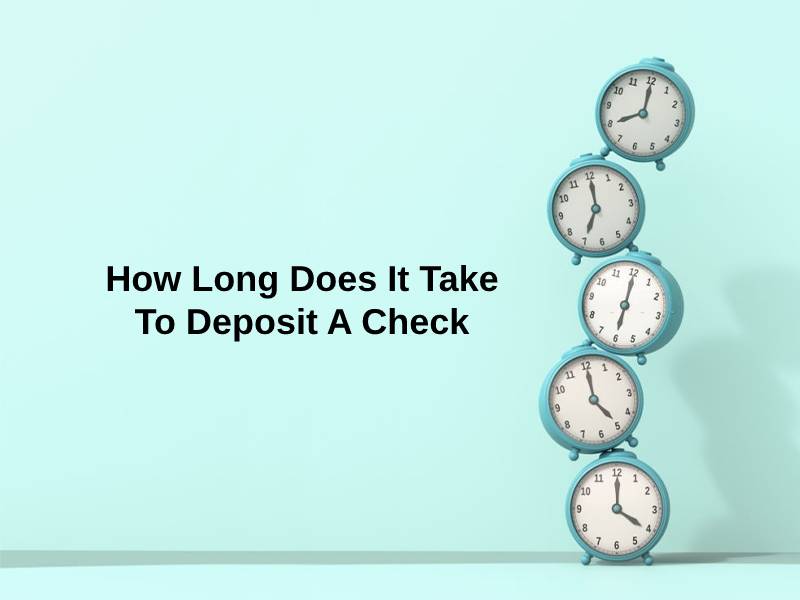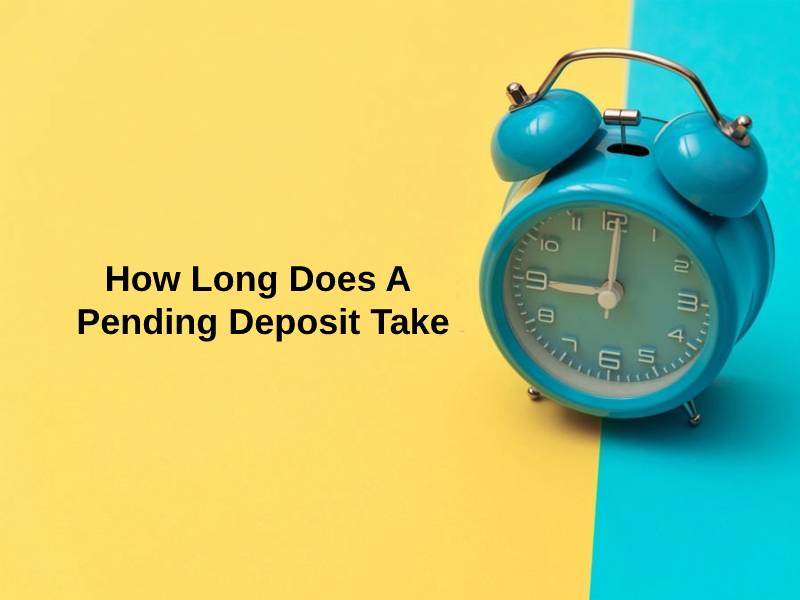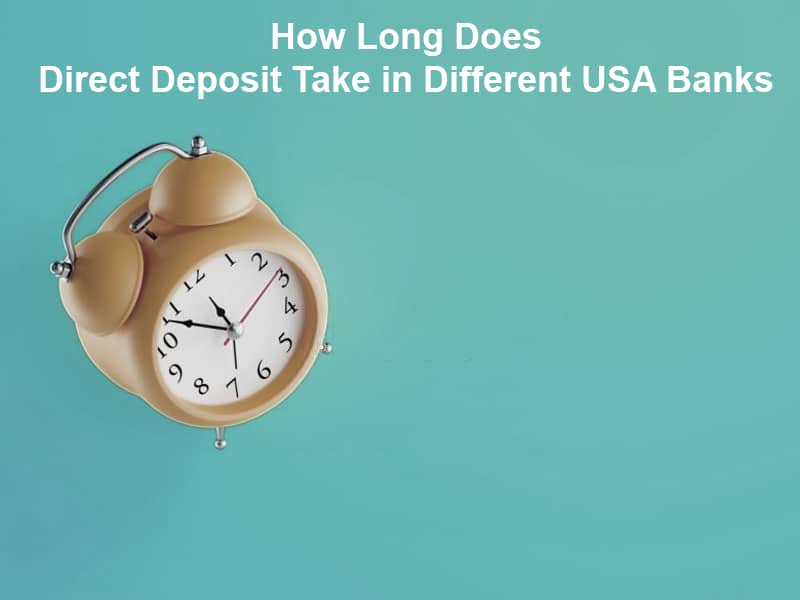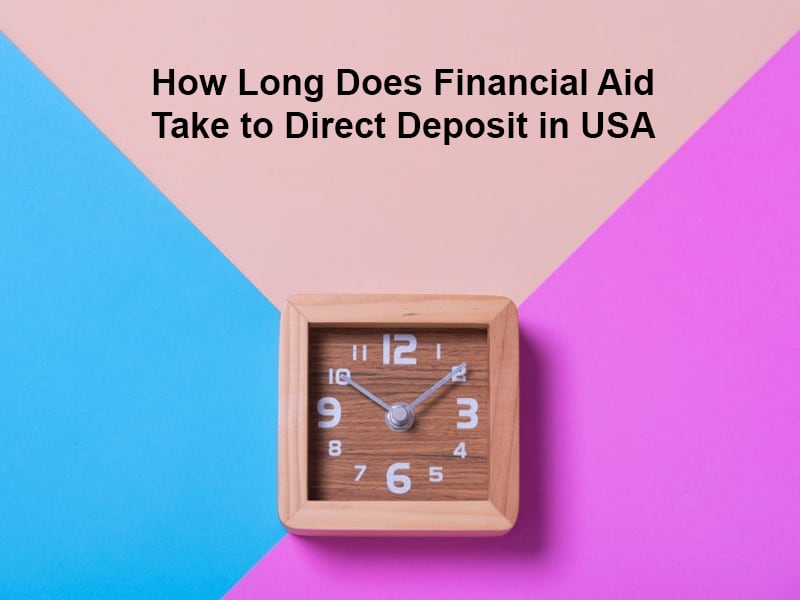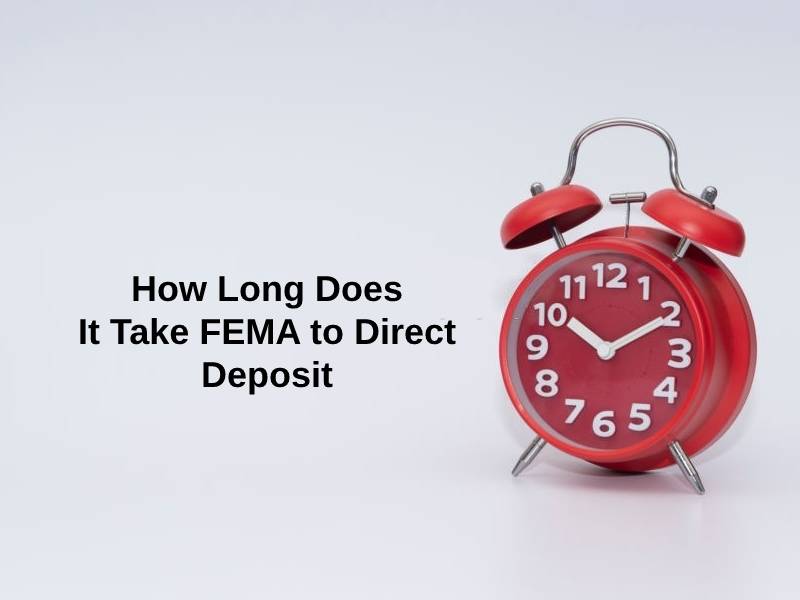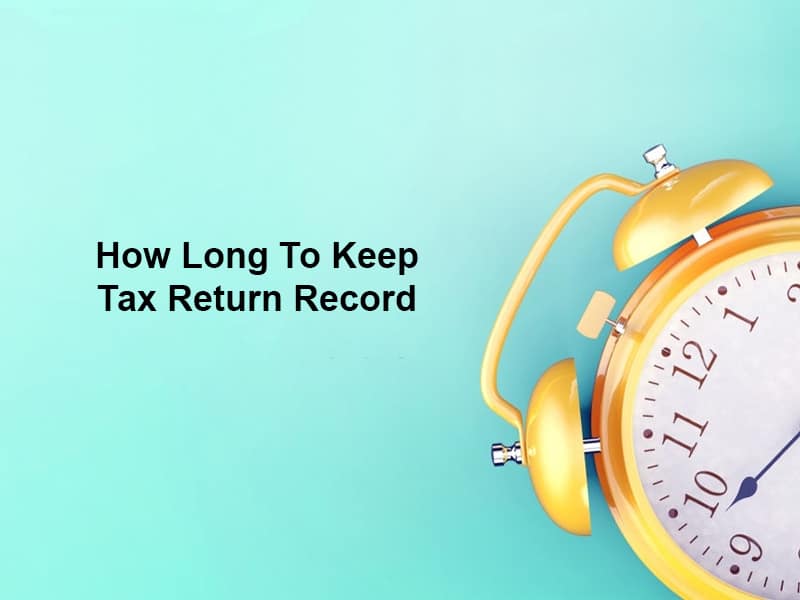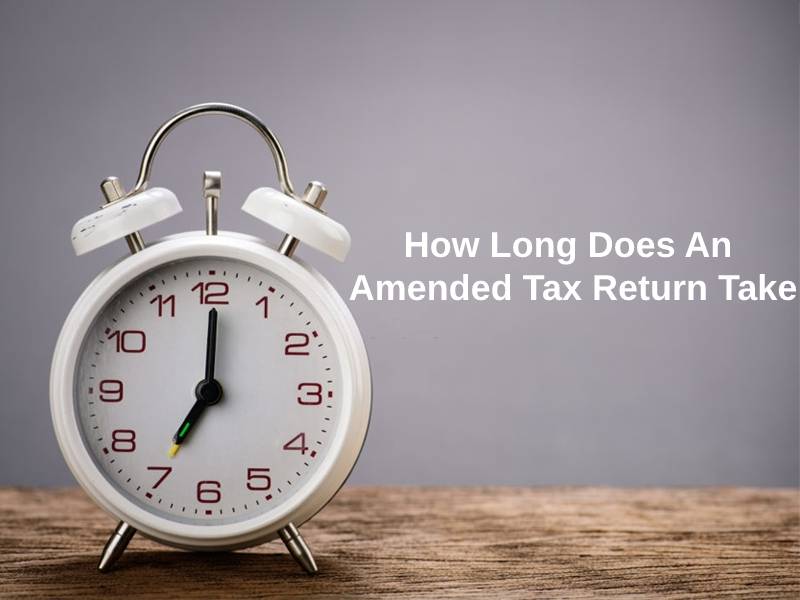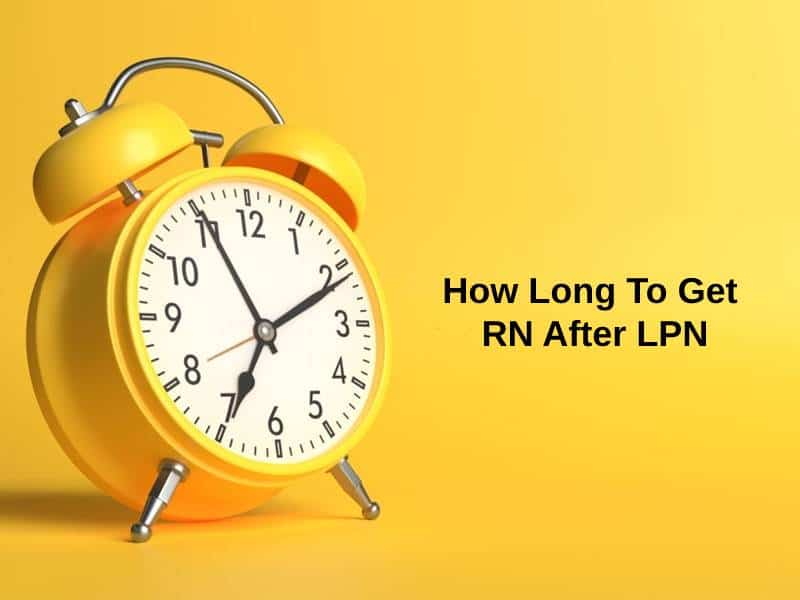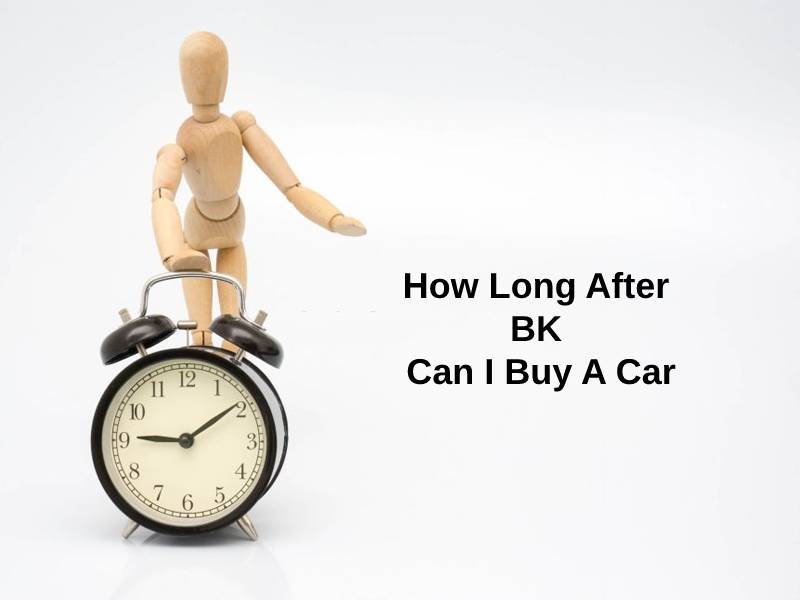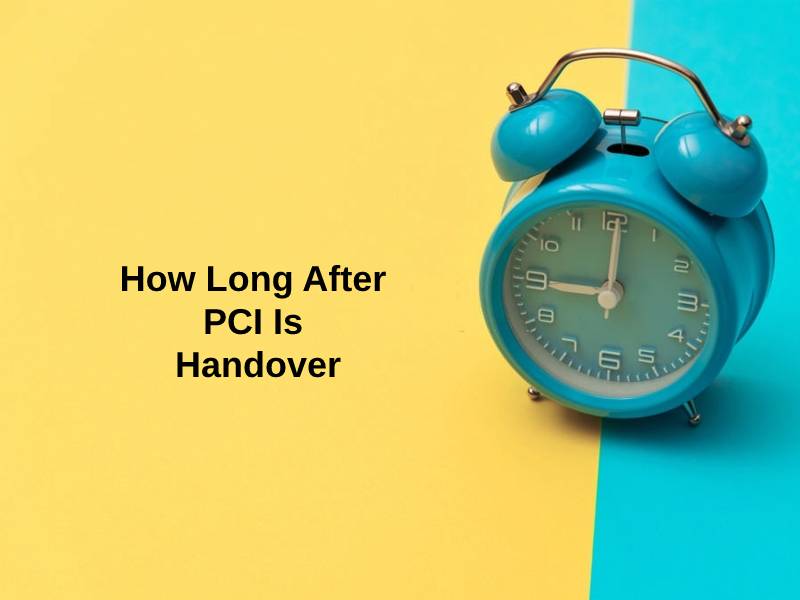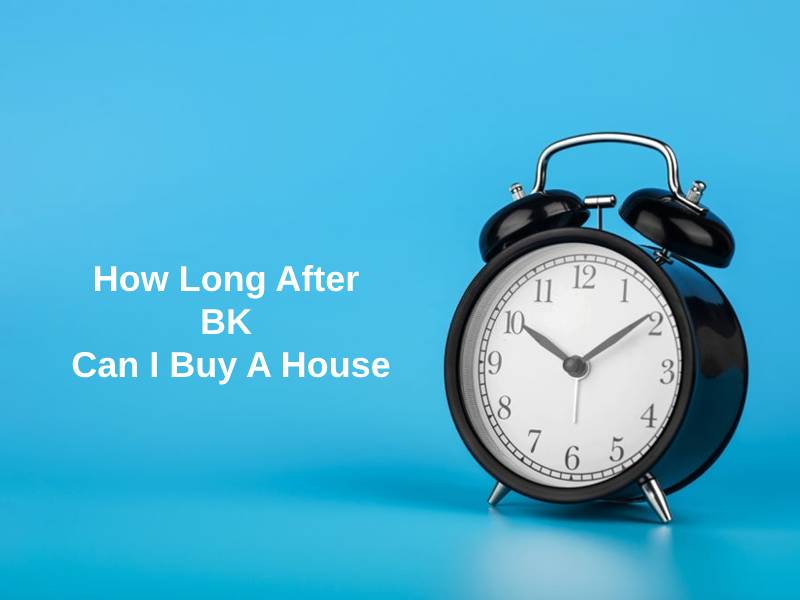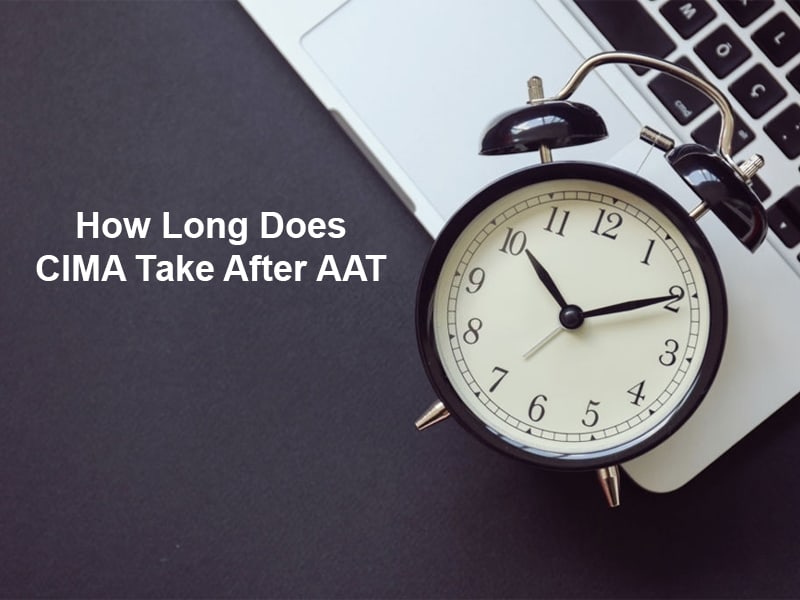Exact Answer: 21 Days
Whenever a landlord charges the tenant a sum that is not the rent or its advance payment, the paid sum can be referred to as the security deposit. The deposit remains with the landlord from the period of the start of the tenant’s stay till they leave the landlord’s place. Security deposit is charged by the landlords to insure themselves against any damage caused by the tenant to their house.
The security deposit serves to protect the landlord from any possible fraud being committed by the tenant. This deposit can be used by the landlord to repair damages caused by the tenant, clean the rent or serve as a backup rent in case the tenant is unable to pay the rent.
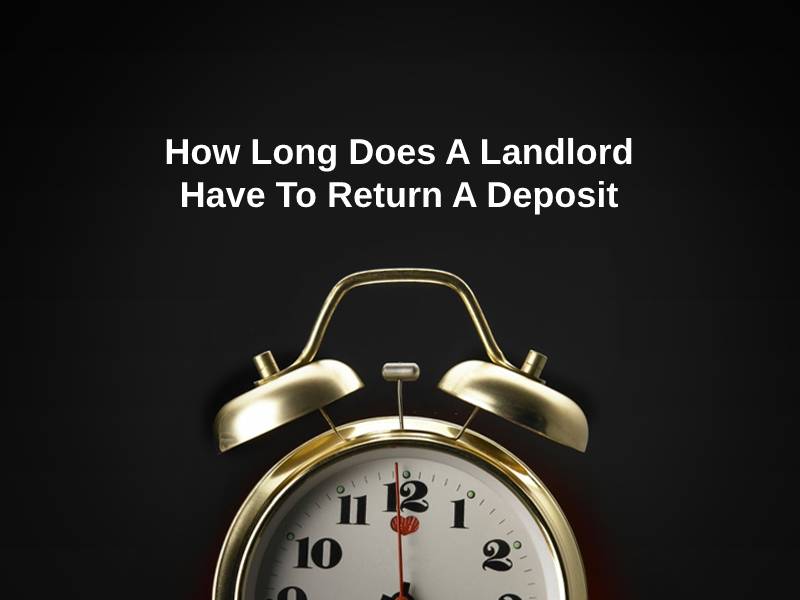
How Long Does A Landlord Have To Return A Deposit?
| State | Time |
| Alaska | 14 days |
| California | 21 days |
| Colorado | 30 days |
| Maryland | 45 days |
| Alabama | 60 days |
There are over 50 states in the United States of America. To enlist all of them at a place is a herculean task to do. Therefore, it becomes imperative to classify all the states of the US into a broad category.
There are 5 major periods within which the landlord must return the security deposit to a tenant. They are returning the deposit in 14 days, 21 days, 30 days, and 60 days. Almost all the states have their returning periods within these 5 slots.
States like Alaska, Florida, and Arizona require landlords to pay back the security deposit 14 days before the end of the tenancy. This also includes the state of Kansas, Nebraska, Vermont, and Hawaii. Landlords in Montana can repay the deposit within ten days of the end of the tenancy.
In California, Idaho and Minnesota carry the rule requiring the landlord to repay the deposit to the tenant within 21 days. Rhode Island, Wisconsin and Washington were also required to pay their deposits within this time.
Some states like Connecticut, Iowa, Georgia, and Colorado have mandated the landlord to return the deposit within a month of the end of the tenancy. On the contrary, in states like Indiana, Mississippi and Maryland, the period is set at 45 days. In states like Alabama, Tennessee, West Virginia, and Arkansas require landlords to pay deposits within 60 days.
Why A Landlord Has So Long To Return A Deposit?
A landlord has enough period at their disposal within which they can return the amount of security deposit. There are different laws in different states but overall, the period is sufficiently long to enable the landlord to pay back the deposit to the tenant.
The inspection of the house, once the tenant vacated, is the main driving factor behind such a long period. Once the tenant relinquishes the property, they need to write a letter to the landlord stating any damage if caused by them and the security deposit they should get back. This letter serves as a record for the tenant in the court of law.
Once the landlord gets the letter, they might inspect the property. The landlord will look for damages caused to their property and ascertain the cost of repairs required to cover them. This thorough inspection will help the landlord estimate the true cost of repairs and cleanliness involved in restoring the house to its old state.
The landlord might modify the deposit amount due to the tenant, which at most times results in a conflict. In that case, both parties may reach a court of justice or a mediation program to resolve the issue. If the parties pursue a mediation program, they have to reach an amicably agreeable solution while if they go to court, the decision of the court shall be binding.
Conclusion
Security deposits are required by the tenant to be paid to the landlord as a buffer against any damages caused by them or the refusal to pay rent. However, once the tenant is ready to leave the place, the landlord is bound to return the security deposit. In different states of the United States of America, there are different regulations regarding the issue.
The process of claiming and getting the deposit from the landlord is long. Before the payment of the deposit, the landlord will inspect the house to determine the amount of deposit to be paid.

